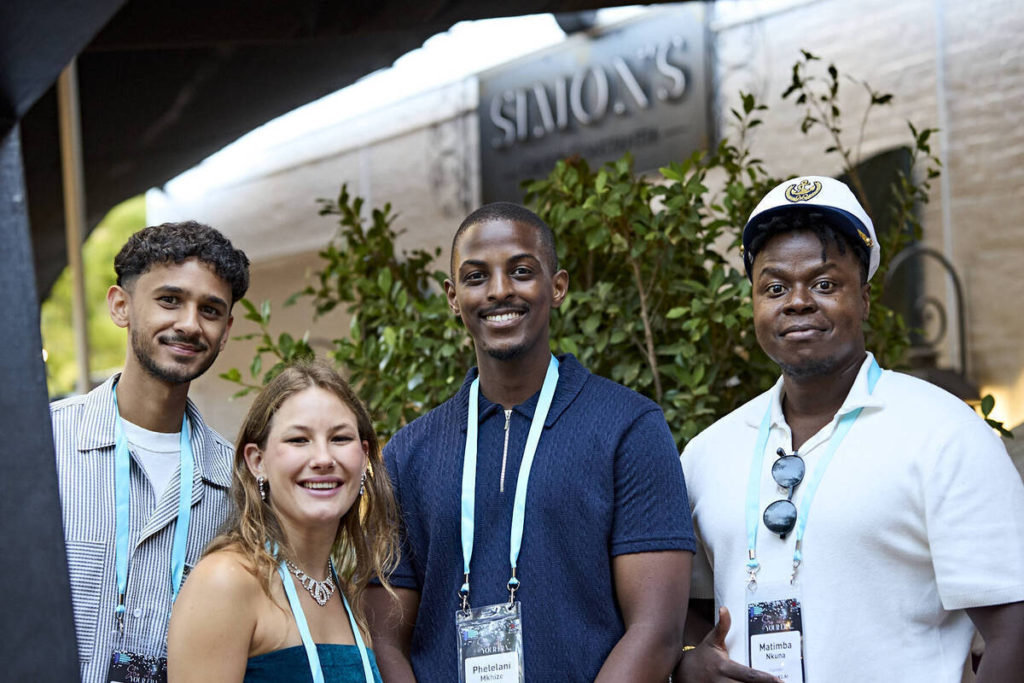BY Nkosazana Ngwadla
“Universities need to have succession plans that allow for women to also be given the opportunities, training and support that they need to take up leadership positions,” says Dintle Nkosi, University of Pretoria (UP) alumna and senior finance business partner at the London headquarters of Chanel. “Unlike men, women are not viewed as equal by society; as a result, they have different personal and family pressures.”
Nkosi graduated from UP in 2011 with a BCom in Internal Auditing and lives in London with her family. She is also a founder of Thuto Thusa, an NGO that makes information more accessible, “whether it is about getting into the right university or onto the appropriate career path”.
Nkosi says that globally speaking, the luxury fashion industry is not yet diverse and she aims to make a change in that regard. “Since my move to the UK, I have tried to forge a path for those coming behind me, especially black women; I believe in the power of representation,” Nkosi says. “I want to become an example and show that it’s possible to get a seat at the table in spaces that were not built to accommodate us, and to be part of the influence that pushes organisations to be diverse and inclusive.”
The fashion executive says that to this day, women in the academic space are still facing many hurdles, adding that there is not enough consideration for the personal challenges and pressures that most women face. These include menstrual issues, which result in girls missing school and female employees missing work.
Nkosi notes that the same problem persists in the professional space.
“Another issue is that of pregnancy and maternity/paternity leave. During maternity leave, due to the length of time off, most women miss promotional cycles and have their bonuses apportioned while their husbands and partners get their baby, promotion and full bonus.”
She says pregnancy should not be a reason to miss opportunities in one’s career or in academia, and yet it is often used to “count women out”. Recounting her story of being discriminated against when she was six months pregnant, Nkosi says that even though she was qualified and capable, many potential employers hesitated to hire her once they realised that she was pregnant. Fortunately, she eventually landed a job.
Nkosi believes that universities can help create a more inclusive and supportive environment through women-centred programmes. This would serve as an opportunity for alumni and other senior women at the institutions such as professors to share their career journeys, life hacks and words of wisdom.
Her advice to young women is to work hard to make their dreams come true and not to let failure discourage them to the point of giving up.
“Education is a tool that can be used to change your life and other people’s lives, especially in disadvantaged areas in South Africa and the world at large. It has the power to eradicate poverty and transform communities.
Image and source: UP












